It’s Notting Hill Carnival this weekend. Two days of skanking, dutty dancing and daggering (the dance, rather than the weapon).
No carnival experience would be complete without rum punch and jerk chicken, or for that matter crime, cannabis and cocaine. Drugs are part of the fun at Europe’s biggest street festival. There were 76 drug arrests at the festival last year, and 88 arrests made before the party even started as part of a dawn raid seizing machine-guns and crack.
Not that partygoers are about to let a little thing like the law get in the way of their bank holiday. A survey earlier this summer from the European Monitoring Centre for Drugs claimed London is the city with the highest concentration of cocaine in sewage in Europe. If you sample weekend sewage only, Amsterdam overtakes us, but we can raise our heads high as the most prolific habitual users on the continent.
So, boom times for drug dealers? ’Fraid not. A surge in the use of technology that allows drugs to be bought online, on top of a steady supply of cocaine, MDMA and cannabis shipped in the traditional way, has led to a very crowded marketplace. With drugs available to your door via the dark net and new dealers emerging as a result, people are no longer willing to stand on a street corner waiting for a rude boy to turn up 50 minutes late. As one down-hearted dealer puts it: ‘cocaine dealing ain’t what it used to be’.
As cab drivers have had to adapt to a post-Uber world, so the old-school dealers are having to adapt to compete. Some are employing marketing schemes almost worthy of Saatchi & Saatchi. I have a friend — acquaintance, say — who likens buying drugs in London to ‘ordering a Domino’s pizza’. Text your postcode, and you can have a dealer at your door within the hour, he says. Regular users receive a ceaseless drip-feed of marketing texts from dealers. ‘3g for £150 ALL WEEKEND,’ read one text a friend showed me. Another said: ‘£30 discount off the RRP! Charlie — the name you can trust!’ Recommended retail price? The name you can trust? It sounds like a supermarket. One buyer tells of an awkward moment in his office after he linked his iMessages to his computer. When his dealer send a text with a special offer at 3 p.m. in the afternoon, it flashed up on his screen for everyone to see.
Across the city, desperate sellers try to make their service the most enticing. If you change dealer, it’s not uncommon to receive a courtesy call asking why you’ve decided to buy elsewhere. One dealer operates an ‘internship’ scheme and an Uber-style rating system on the delivery driver to measure customer satisfaction. Others are taking a leaf out of the Breaking Bad business model. The main character of the hit TV series, Walter White, made his crystal meth blue. Some British dealers are trying the same approach; one makes ecstasy pills that are bright pink and cherry-flavoured.
Of course, all this extra effort doesn’t mean the drugs are any good, so a two-tier market is in operation. Your average gram of cocaine, with a mere 10 per cent purity, fetches £50 in London; higher quality stuff is available for around £100. Think of it as the difference between Tesco’s value range and their ‘finest’.
All this goes on quite blatantly, but why not? The police just don’t seem too bothered about cocaine. Kate Moss, Nigella Lawson and even Lord Sewell appear to have got off scot-free despite being caught red-handed with the white stuff. David Cameron refuses to answer questions on his own drug history, and the government has delayed a report on cocaine use in the UK in order to focus on other projects.
Across the pond, one authority is attempting to beat the dealers at their own game. McIntosh County Sheriff Stephen Jessup recently launched a new wheeze to deal with drug crime in Georgia. He took out an advert in a local paper calling on drug dealers to anonymously dob each other in to get rid of their competition: ‘Attention drug dealers. Is your drug-dealing competition costing you money? We offer a FREE service to help you eliminate your drug competition!’ His scheme has been praised by advertising supremo Dave Trott, former chairman of The Gate London, as making ‘perfect marketing sense’.
There’s a thought for David Cameron to chew on during the bank holiday, as he relaxes away from his Notting Hill property.
Got something to add? Join the discussion and comment below.
Get 10 issues for just $10
Subscribe to The Spectator Australia today for the next 10 magazine issues, plus full online access, for just $10.
You might disagree with half of it, but you’ll enjoy reading all of it. Try your first month for free, then just $2 a week for the remainder of your first year.


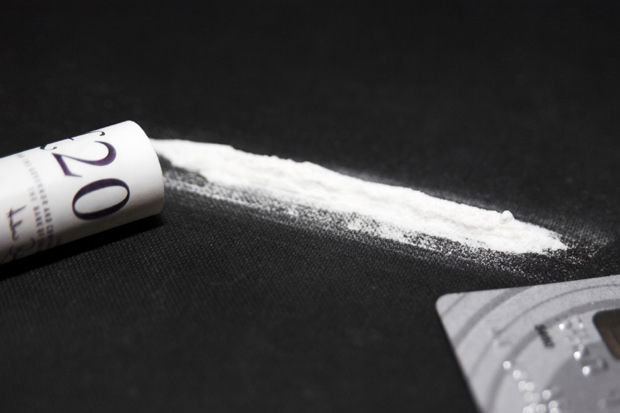
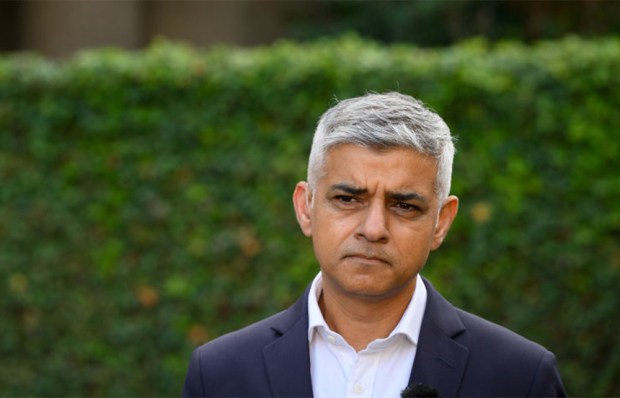
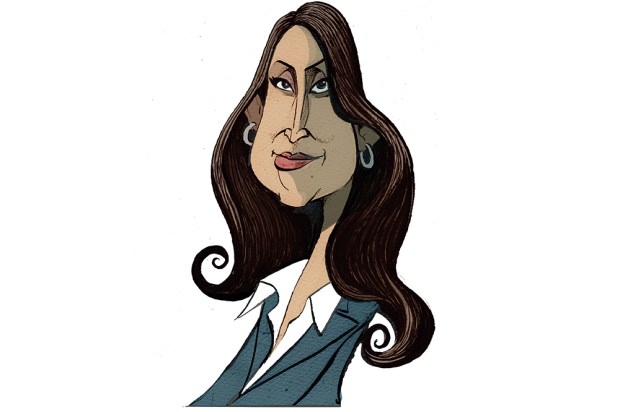
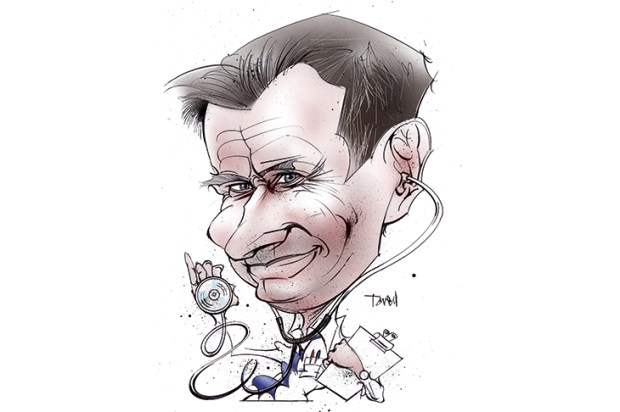
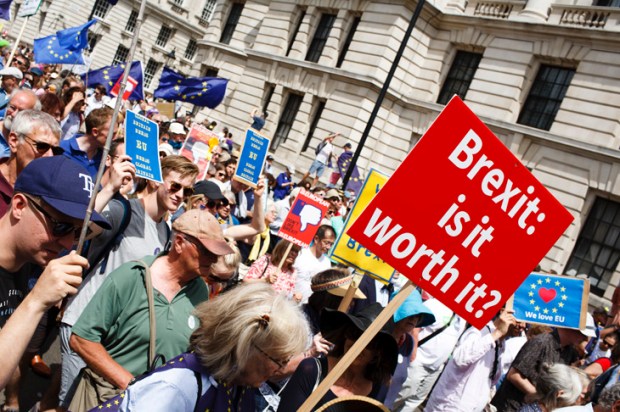








Comments
Don't miss out
Join the conversation with other Spectator Australia readers. Subscribe to leave a comment.
SUBSCRIBEAlready a subscriber? Log in